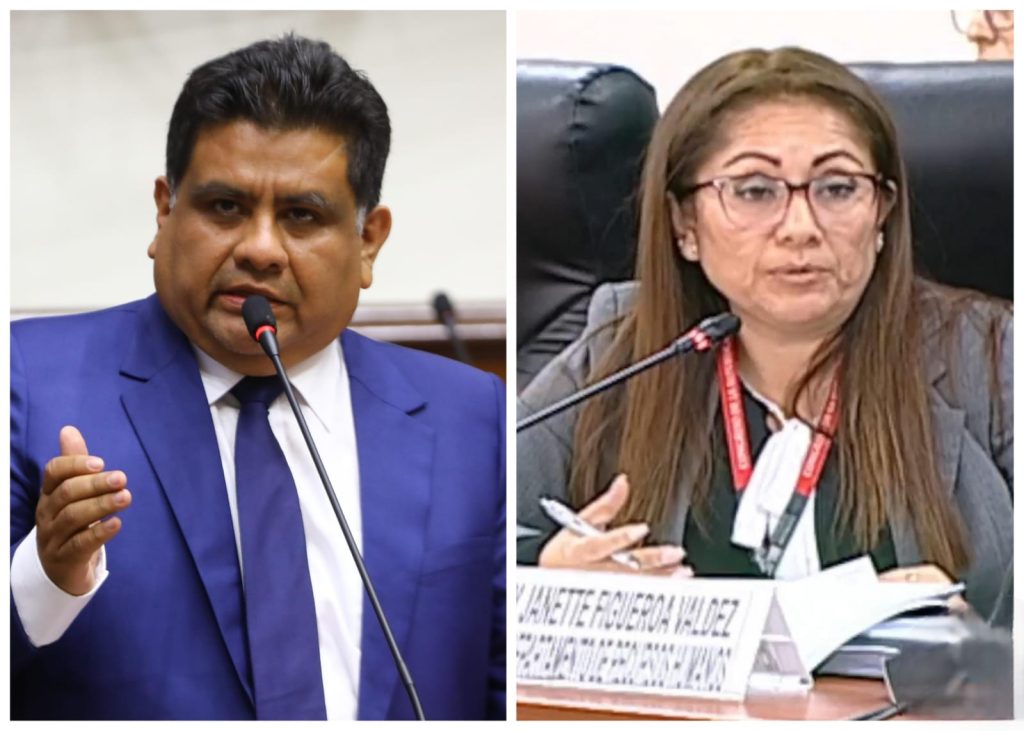Based on an analysis, the consultancy Strategia Electoral, of which I am a part, warns of some political risks in fundamental areas such as:
(i) the rule of law, institutional erosion and concentration of power;
(ii) the environment for doing business and investment security;
(iii) the Mexico-United States bilateral relationship,
(iv) and the decisions regarding the government’s economic policy (the complete analysis can be consulted here ).
Although the government discourse has been one of tranquility and stability, pointing out that the Mexican economy is strong and that government policies are accepted by the markets and the business sector, in reality it seems that government and legislative actions are taking a different path. The marathon of reforms during the first period of the current legislature had an impact on legal certainty by opting for a judicial reform that seeks more to control the judiciary than to guarantee access to prompt and effective justice; It also generated strong questions about conditions of economic competitiveness as key technical institutions for the country’s development disappeared, and control of issues such as economic competition and the regulation of telecommunications was centralized in the Executive.
The impact of these reforms, added to the government’s decisions on fundamental public policies such as the fight against drug trafficking and migration, will be reflected in the review or renegotiation of the free trade agreement with the United States and Canada, Mexico’s main trading partners. Of course, they will be the center of the diplomatic agenda between the current Mexican government and the Trump administration, which arrives with more strength and experience than six years ago.
The icing on the cake seems to be public finances, since since the last six-year term the government has opted for social benefits that generate important electoral returns, but that require enormous amounts of money, which have been obtained from cuts to other areas. fundamentals that require investment from the State. Public debt has also caused the Mexican government to need more money year after year to meet its social commitments, which grow at the rate of electoral promises, without public income increasing at the same pace, nor the sources to obtain them increasing. especially given the government’s reluctance to promote tax reform, despite having the majority to approve it.















